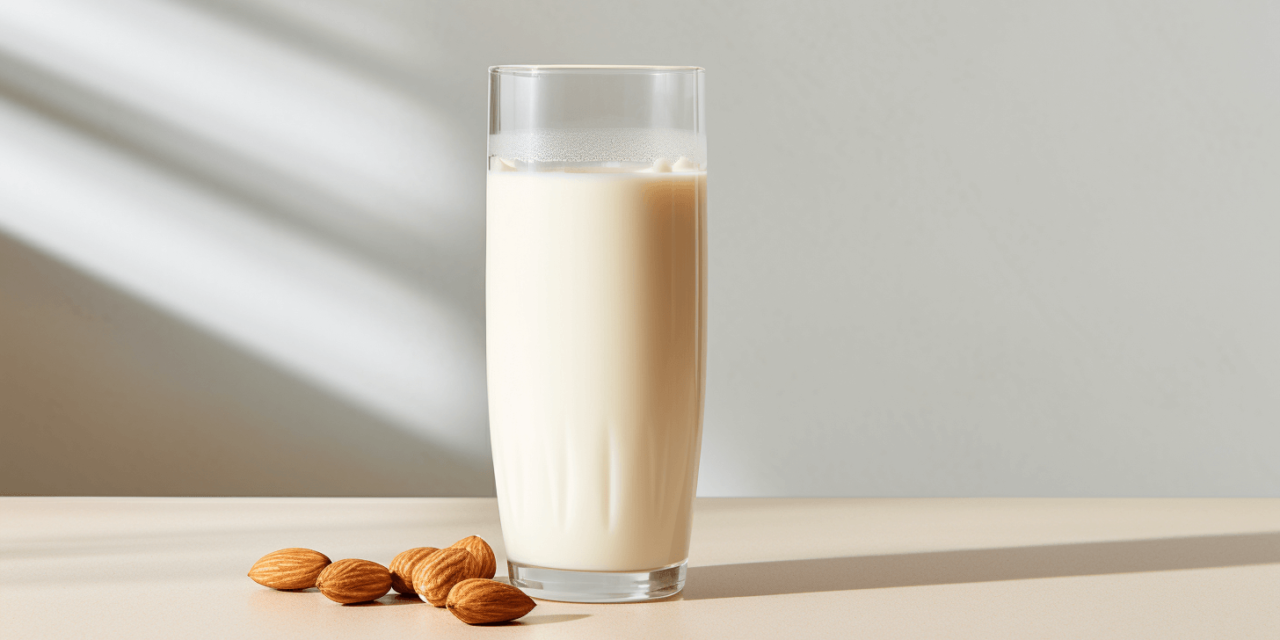If you’re conscious about their diet, you’ve likely heard about purines and their potential impact on your health. Purines are natural compounds found in various foods, and their metabolism can lead to the formation of uric acid in the body. High levels of uric acid can contribute to conditions like gout, kidney stones, and more.
Today, we’re here to answer a common question: Is almond milk high in purines? Let’s delve into this topic and explore the nutritional content of almond milk concerning purines.
Understanding Purines:
Purines are organic compounds found in various foods, and they are essential for our health. The body breaks down purines into uric acid, usually excreted through urine. However, in some individuals, excessive purine consumption can lead to elevated uric acid levels, potentially causing health issues.
Now, the big question: Does almond milk contain high levels of purines? Let’s examine the facts.
Almond Milk Nutrition:
Almond milk, a popular dairy milk alternative, is widely appreciated for its creamy texture and nutty flavor. It’s a favorite among vegans, lactose-intolerant individuals, and those seeking a low-calorie milk substitute. When assessing whether almond milk is high in purines, it’s essential to understand its nutritional profile:
- Low in Purines: Almond milk is naturally low in purines. This makes it an excellent choice for those concerned about purine intake and its impact on uric acid levels. If you have gout or are at risk of gout, almond milk is a safe option to include in your diet.
- Plant-Based Protein: Almond milk contains plant-based protein, making it a suitable alternative to cow’s milk. However, the protein content is relatively low compared to other sources like soy or dairy milk.
- Low in Calories: If you’re watching your calorie intake, almond milk is a great choice. Unsweetened varieties have fewer calories than cow’s milk, making it a preferred option for weight-conscious individuals.
- Rich in Nutrients: Almond milk is typically fortified with essential nutrients such as calcium, vitamin D, and vitamin E. These additions enhance its nutritional value and benefit bone health.
- Lactose-Free: For those with lactose intolerance, almond milk is an excellent dairy-free option, as it doesn’t contain lactose, a common trigger of digestive discomfort.
Incorporating Almond Milk into a Low-Purine Diet:
If you’re following a low-purine diet, almond milk can be a valuable addition to your meal plan. Here are some tips on incorporating almond milk into your diet:
- Smoothies: Replace regular milk with almond milk in your morning smoothies for a creamy, dairy-free blend low in purines.
- Cereals: Pour almond milk over your favorite cereal for a nutritious, low-purine breakfast.
- Baking: When baking, use almond milk as a substitute for regular milk in recipes. This works well for both sweet and savory dishes.
- Coffee or Tea: Almond milk can be a tasty alternative to creamer in your coffee or tea, offering a hint of nutty flavor.
- Cooking: Almond milk can be used in various savory recipes, including soups, sauces, and curries, providing a creamy texture without significantly increasing your purine intake.
Conclusion:
In conclusion, almond milk is a low-purine dairy alternative that can be safely incorporated into a low-purine diet. With its creamy texture, pleasant taste, and added nutrients, almond milk provides a nutritious and versatile option for those concerned about purine intake.
If you have specific dietary restrictions or health concerns, it’s always a good idea to consult a registered dietitian or nutritionist for personalized guidance. Remember that balance is vital in maintaining a healthy diet, and almond milk can be a valuable part of that equation.




